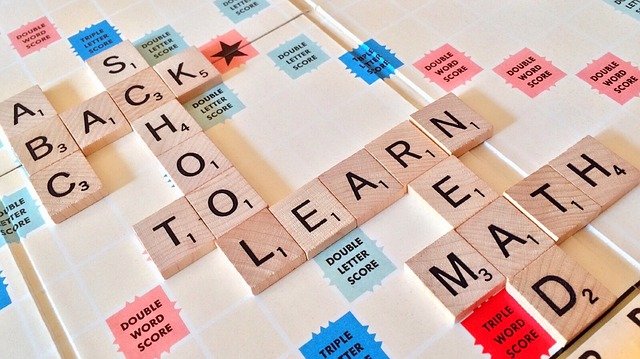Board games mean educational, recreational, or family games. It evokes camping trips, power outages spent by candlelight at the kitchen table, and weekends with the grandparents. In short, board games are synonymous with good times with family and friends. However, despite all the happy memories they elicit, most of us forget to play board games in our daily lives—not to mention in class. This humble post shares some valuable board games used as a teacher toolkit and be played in classrooms.
Scrabble
A traditional game for language learners, playing Scrabble helps to practice spelling and challenge students’ vocabulary. Don’t be afraid to play with them; you can create surprise and interest by introducing more complex or vague words into your classroom. While playing, it is best to keep a dictionary handy to clear up any disagreements, ensure students understand parts of speech and encourage them to make other word forms.
Apples to Apples
This board game is perfect for teaching parts of speech. In this game, players must associate one of their five assigned noun/verb cards with an adjective/adverb laid down by the leader. The exciting thing is that these setups are private and, therefore, often subjective. For example, the game leader might put “colorless” and have the players decide which of the cards can be explained that way. The packets are shuffled and read by the leader, who chooses the best association.
Scattegories
A universally popular game! In Scattergories, players work to find words or things that match their game card categories that begin with a specific letter. The official board game uses a 20-page card with a due date, but if you don’t have access to a card, you can use a program to pick a card at random. It is an excellent way for students to practice thinking under stress and within category limits.

